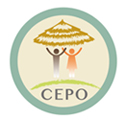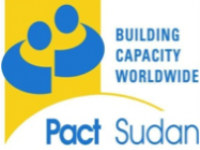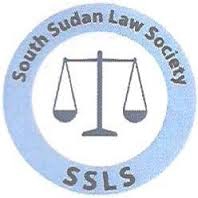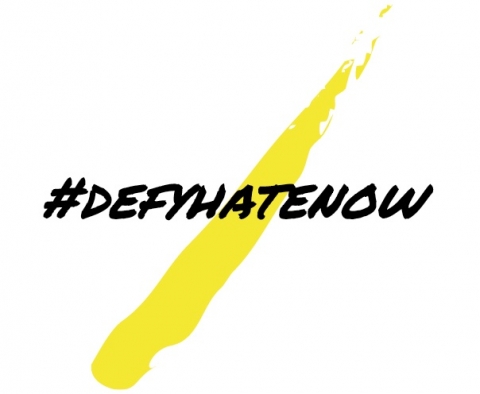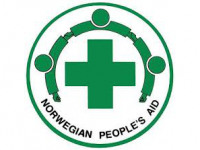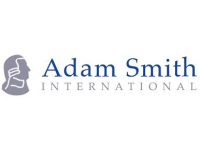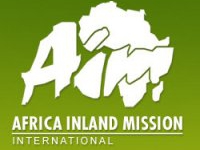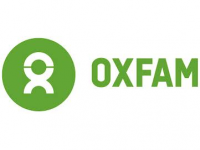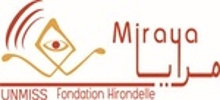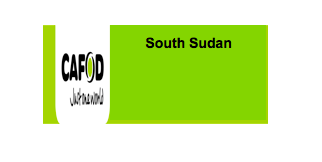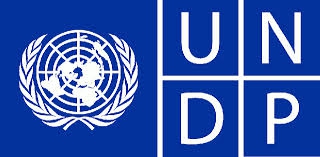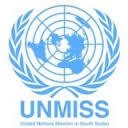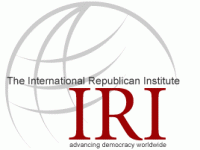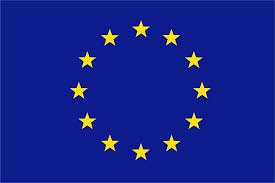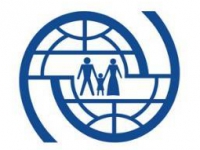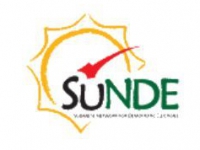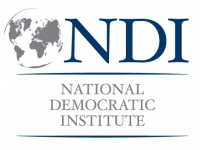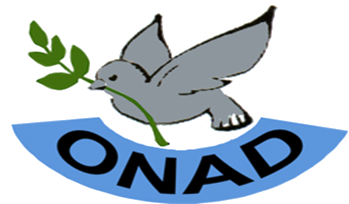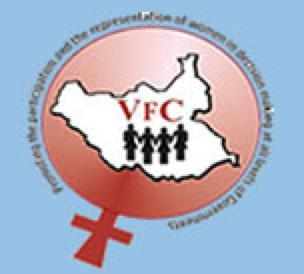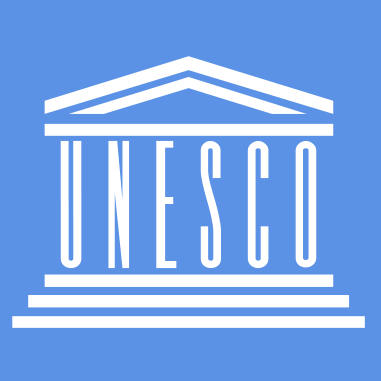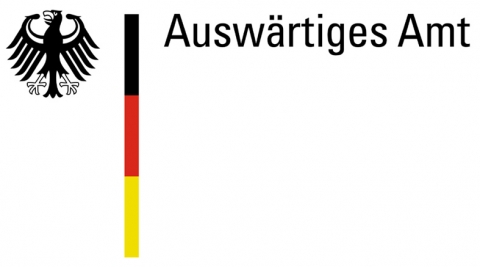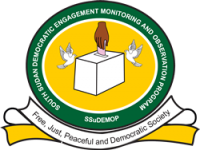Background Information
CEPO Status of Women Initiative (SOWI) felt it is necessary to adopt specific approach for demanding engendering of the proposed IGAD revitalization process. This framework is developed to raise concerns for engendering the proposed IGAD Revitalization process on South Sudan Peace Agreement. The framework was designed per the declared IGAD concept note on the revitalization process on South Sudan Peace Agreement. The framework opts to use approach of framing questions for engendering the IGAD revitalization process. This same framework will be used for assessing the outcomes of the revitalization deliberations in relation to how much were the outcomes of the revitalization engendered
Issue 1: The State of Transitional Government of South Sudan and the Implementation of the ARCSS
1. How equally men and women are participating in defining the root causes, triggers and accelerators of the current political threats and challenges to the Transitional Process?
2. What is the level of women and men participating in deliberating on the potential solutions to the existing political threats and challenges to the Transitional Process?
3. To what degree are men and women equally having opportunity of expressing opinions/ideas on the impediments, retrospectively and prospectively, for the implementation of the ARCSS?
4. Drawing conclusions on the necessary conditions for the revitalization of the ARCSS, how equally are needs, interest and priorities of women and men are considered?
Issue 2: Ceasefire and Security Arrangement
1. What opportunity do women and men have for deliberating on security threats to the Transitional Government of National Unity?
2. In drawing conclusions on the key conditions for a ceasefire and security arrangements that requires the Transitional Government must be able to function well,
a) What is the engagement of between women and men during the exercise of drawing the conclusions?
b) How fair have the final decisions on ceasefire and security arrangements have considered needs, interest and priorities of women and men equally or with some focus on equity that embrace women safety and protection since women are more vulnerable in comparison to men?
3. What is the degree of participation and influence women and men have in exploring feasible and concrete ways of ensuring security for all parties to the ARCSS as well as estranged groups who will participate in the Transitional Process?
4. In assessing the mandate of the JMEC and its various institutions as crucial for the next steps, what chance was provided to consider concerns of women and men perspectives on JMEC past performances and recommendations for effective future JMEC performances?
5. In highlighting some of the security related challenges that the Transitional Process is facing, how equally are women and men given chance to express opinions and suggestions?
Issue 3: Transitional Government of National Unity
In focusing on the Transitional Government’s Institutions and how they should be revitalized based on the ARCSS
a) What chances are given to hear and listen to voices of women and men on past experiences on Traditional Government’s Institutions functionality?
b) To degree are women and men engaged in Transitional Government’s Institution participated in sharing experiences and concerns on the subject matter?
c) Deliberations on the resuscitation of the existing Transitional Government’s Institutions and establishment of those that have not been established, how much are women and men given opportunities of suggestions and sharing of experiences?
Issue 4: Resource, Economic and Financial Management
In discussing the emphasizes on the ARCSS, recent developments concerning the economic situation of South Sudan, particularly the global resource market and the role of oil
a) How is the platform of the discussion considering the opinions of women and men on the issues equally?
b) In dedicating on how the institutions stipulated in the ARCSS can be revitalized, how are voices of women and men are given chance to be heard and counted?
1. Deliberation on how South Sudan’s natural resources might be properly managed in order to ensure the economic recovery of the country, what are chances for taking equally needs, interest and priorities of women and men?
Issue 5: Humanitarian Affairs, Accountability, and Reconciliation and Healing
Deliberating on the state of humanitarian affairs in South Sudan and the required actions to address the humanitarian crisis in the country, including that of forced migration
a) How equally opportunity is provided for listening and counting voices of women and men on the issue?
b) The persons deliberating on the subject matter how much are exposed to the experiences of men and women on the past humanitarian situations and lessons?
Deliberating on how to effectively implement the provisions of the ARCSS dealing with accountability and reconciliation as well as healing in South Sudan
a) What space is provided for taking into account needs, interest and priorities of women and men equally and with some affirmative approach that embraces matters of sexual gender based violence?
b) What will be the strategy for engender the process of humanitarian, accountability, Reconciliation and healing?
Issue 6: Permanent Constitution and Elections
Dedicating on the main components of the Permanent Constitution and actions required to revitalize the ARCSS, particularly the federalism and election related preparations during the transitional process.
1. What is space of the deliberation providing for women and men voices?
2. Are women and men equally involved in drawing the conclusions on the subject matter?
3. How much interested are the persons during the deliberations ready to listening to voices of women and men equally?
